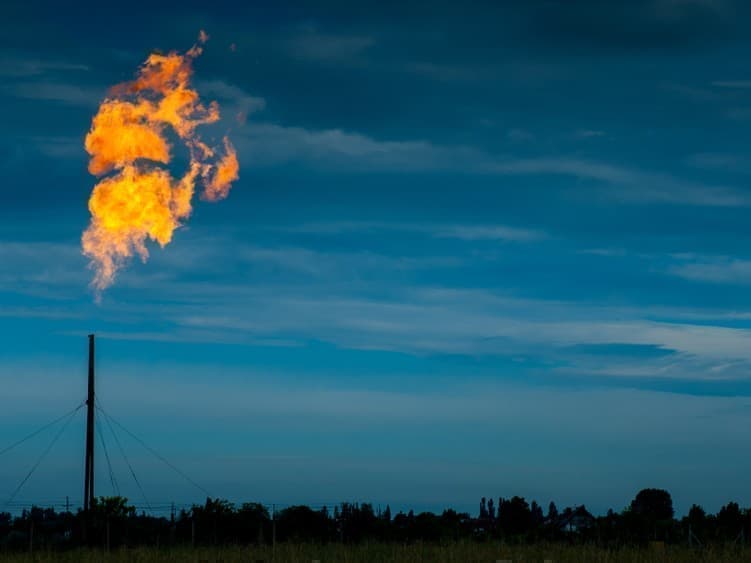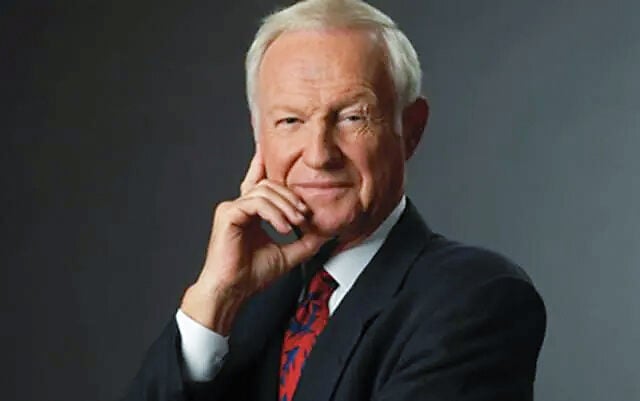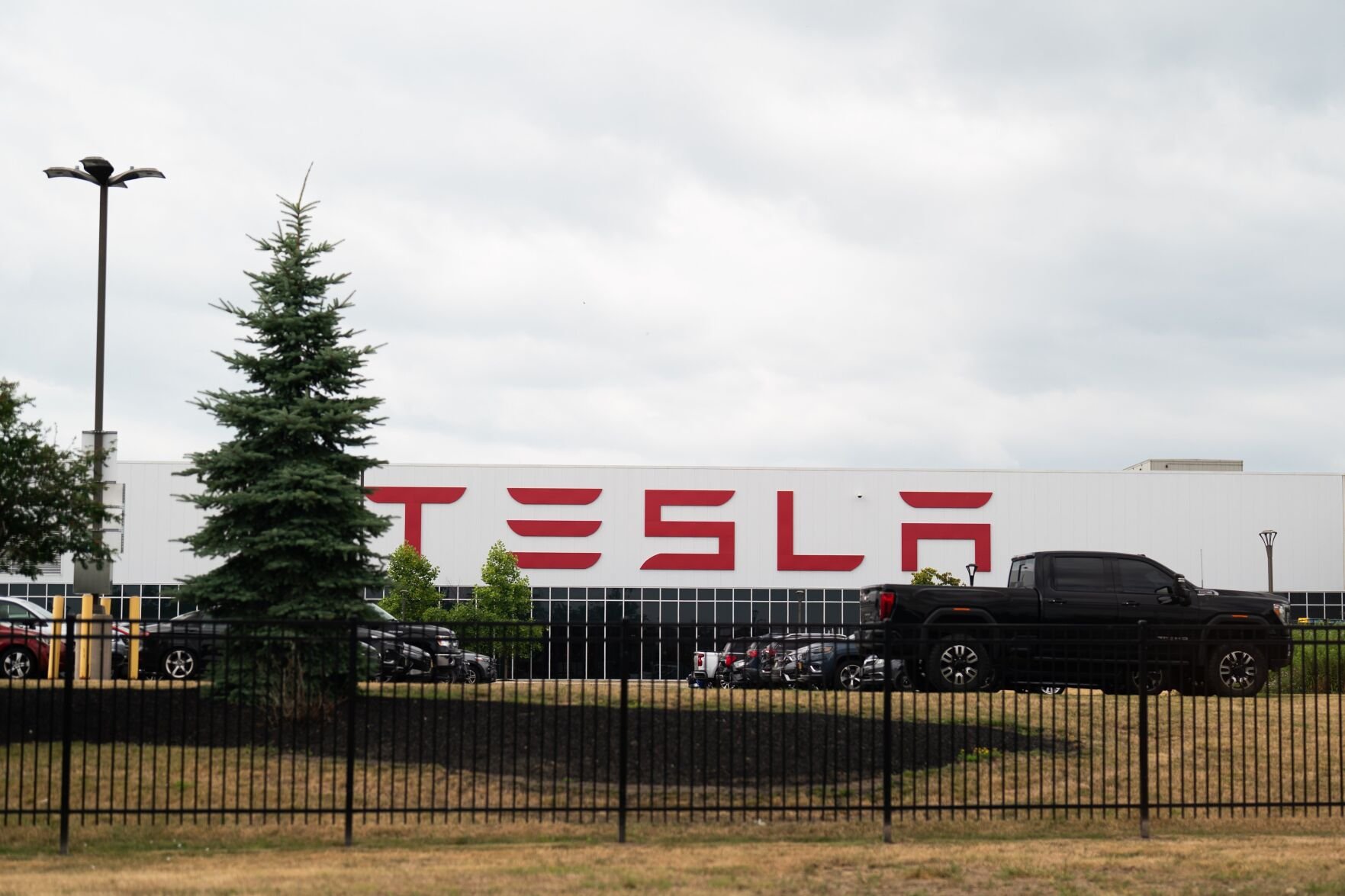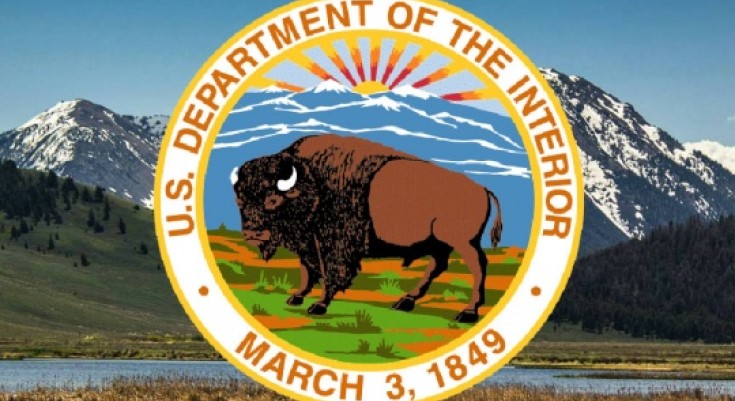A significant rise in fossil fuel lobbyists attending COP30 is fueling heated discussions about their influence on climate negotiations. While host countries and organizers cite the need for cooperation to reach climate goals, critics point to studies indicating insufficient progress by the industry in supporting a global green transition.
The Fossil Fuel Lobby Is Under Scrutiny at COP30

Key Takeaways:
- A growing number of fossil fuel lobbyists is attending COP climate summits.
- Event organizers have long argued their presence is needed to support climate goals.
- Studies suggest fossil fuel firms are not doing enough to aid the transition.
- Critics question whether lobbyists should continue to attend these climate forums.
- Transparency and accountability remain central concerns at COP30.
The Rising Influence of Fossil Fuel Lobbyists
In recent years, the annual United Nations COP climate summits have seen a notable increase in the number of fossil fuel lobbyists present. These lobbyists represent oil and gas interests from around the world, leading many observers to question their role in shaping climate policies.
Why Host Countries Defend Their Presence
Host country leaders have historically justified the attendance of lobbyists by underscoring their potential contributions to the green transition. According to previous statements, collaboration with the oil and gas industry is essential for ensuring that ambitious climate goals remain realistic. Planners argue that every stakeholding sector must be engaged in order to drive meaningful, large-scale change.
Doubts About Industry Commitment to Green Goals
However, studies indicate that fossil fuel companies have not made sufficient progress toward adopting greener practices. Critics claim that, despite the rhetoric, the industry’s pace of change is slow and superficial. The discrepancy between public statements and tangible reforms raises questions about the authenticity of oil and gas companies’ commitments.
An Ongoing Debate Over Accountability
With this backdrop, organizers, participating nations, and climate advocates are wrestling with the question of whether the continued presence of fossil fuel lobbyists creates a conflict of interest. Many call for increased transparency and stringent guidelines to ensure that vested corporate influence does not overshadow genuine climate action. As COP30 unfolds, the debate on how to balance industry involvement with environmental imperatives remains front and center.











